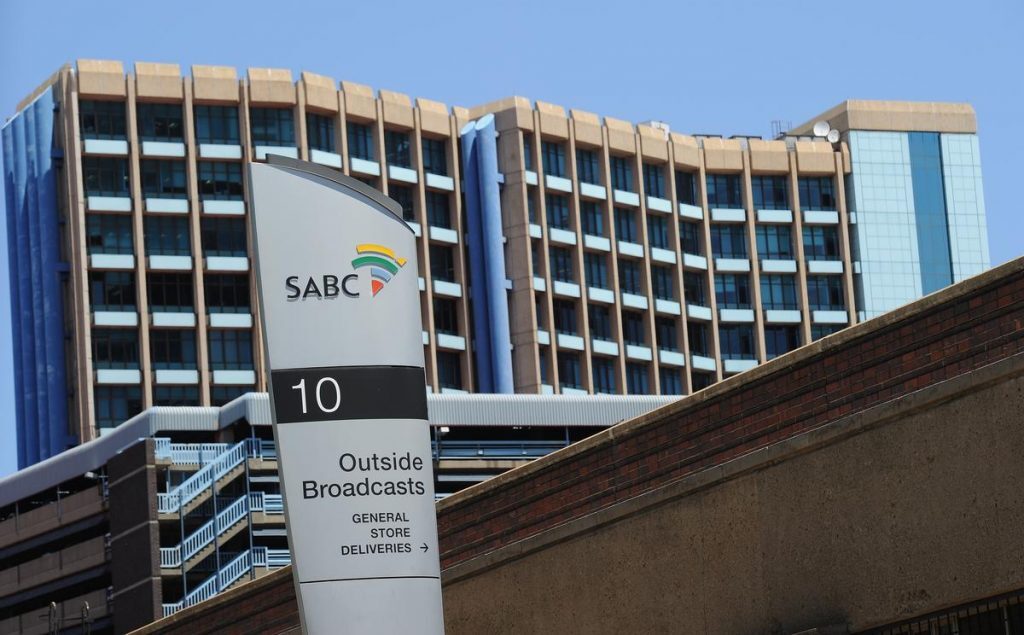Time is running out to comment on the Department of Communications and Digital Technologies’ Audio and Audio-visual Content Services policy framework. The White Paper includes a variety of suggestions in line with the changing landscape of how humans consume content. This includes a proposal that mobile devices capable of streaming shows and movies fall under a TV licence cost.
It comes down to the definition of “broadcasting service”, that’s been amended in the newly updated White Paper to include online broadcasting services. That’s anything from streaming radio services through a browser to Youtube, Netflix, Showmax and even DStv Now.
How the ‘new TV licence’ will work
So basically, this would require any mobile user to pay the compulsory TV license fee under the law of South Africa. Previously, TV licences have only been compulsory in the sale of a television set that can receive broadcasting signals from state-owned sources. In our case, that’s the South African Broadcasting Commission.
The new regulations, however, will include anything that’s categorised as a ‘broadcasting service’. In this case, any device capable of receiving any type of signal will fall under the TV licence regulations. This includes anything from a laptop, tablet, IPTV, decoder, set-top box to a smartphone.
But, this isn’t what TV licences across the world are used for. Although being rebranded to ‘broadcasting licences’, these fees paid to the state are solely for the use of public broadcasting. So unless the SABC plans to pitch a few shows to US-owned Netflix (a private company), there’s no reason for this to fall under a broadcasting licence.
This doesn’t take away from the fact that the South African broadcaster is in dire straights, and has lost some of its advertising revenue in recent years. Yes. The SABC isn’t solely funded by the public who begrudgingly turn over licence fees on a monthly basis — its main income is through advertising. In the 2019/2020 fiscal year, a total of R791 million was paid to the state through TV licence fees (Businesstech). However, it had a total revenue of R5.7 billion in the same year.
Regardless, forcing South Africans to pay licencing fees for devices they use on a daily basis is exceptionally greedy. Many households have at least one mobile phone and one laptop per person. In addition to this, you’ll find a TV (or monitor) and potentially a tablet or two. These changes will increase the total amount of licences per household threefold.
As we mentioned above, the new White Paper containing the new regulations is open to public comment. Send your comments to the Acting Director-General, Department of Communications and Digital Technologies at aacsedtps.gov.za.




